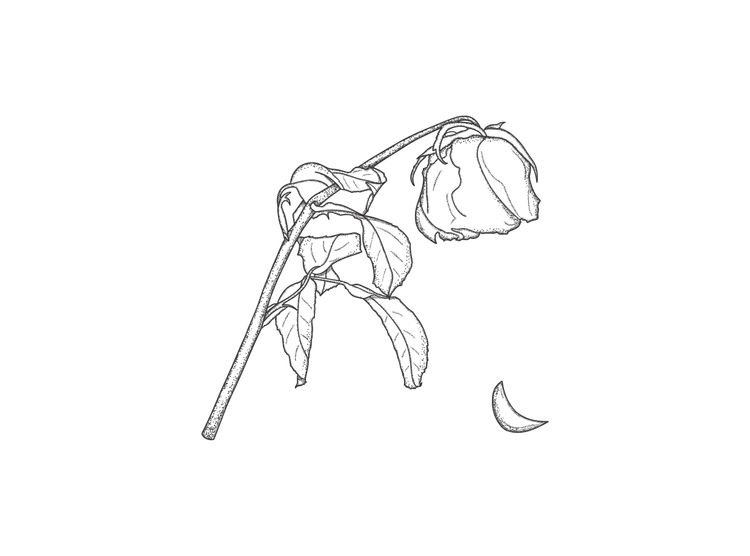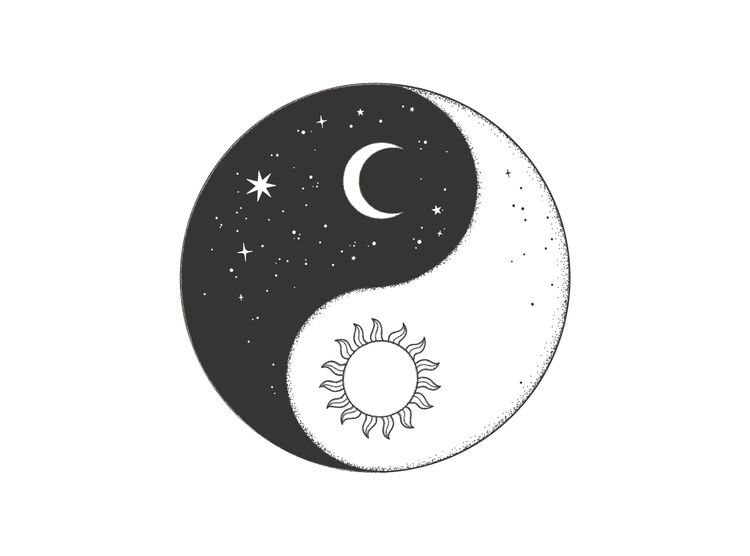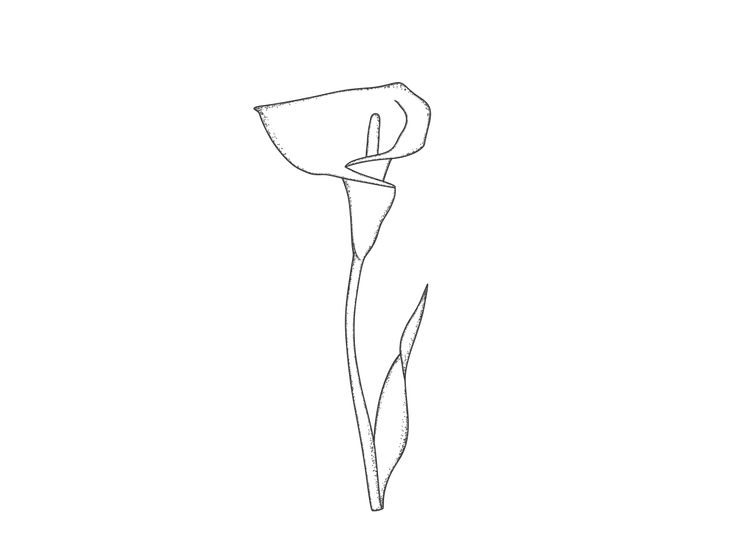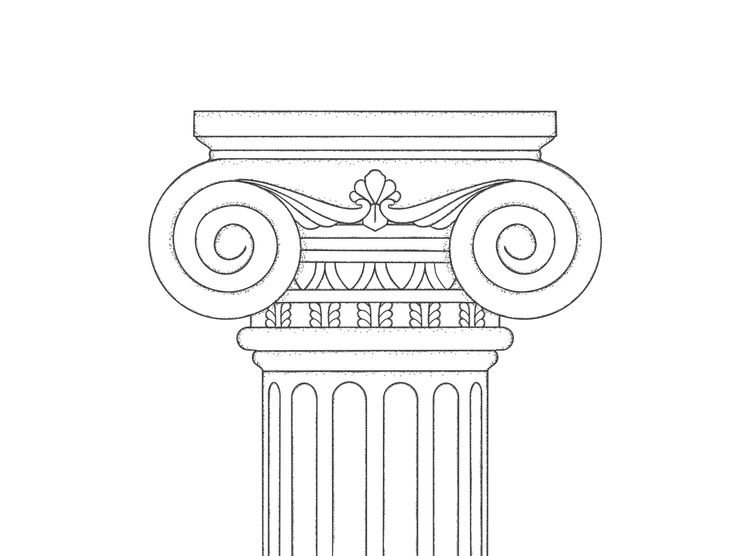Work

Work is what we have to give the world—our energy, our abilities, our knowledge, our curiosity. We work in jobs, at home, in our families and communities, and on ourselves. We work for money, and we offer it without expectation of payment. Our work is constant and lifelong. We must always return to it.
Work is how we belong to the world. We recognize our work in the names that others give us, and in what we call ourselves. Work is how we reveal ourselves to the world—the outward-facing parts of us. Work changes as we change: our work is always a work in progress.
Work is how we create meaning from the world. We define our work by the intent we bring to it—to share our craft, to perform our duty, to put ourselves in service, to build connection and community, to create, to support, to heal, to give our love. The lowliest tasks can become the most exalted work we do; the highest, the most defiled.
The best work is difficult to arrive at. We must understand our hearts, and clarify our intent. We must honor what is most important to us. We must find the courage to follow what is heartfelt in us, and put ourselves at risk.
According to Gallup, just 32% of U.S. employees are engaged at work (which Gallup defines as being "involved in and enthusiastic about their work and workplace"). Of the remainder, 50% are "not engaged", while 18% are "actively disengaged". "Many quiet quitters fit Gallup's definition of being not engaged at work," says Gallup, "people who do the minimum required and are psychologically detached from their job. This describes half of the U.S. workforce." The "actively disengaged", meanwhile, "are disgruntled and disloyal because most of their workplace needs are unmet".
Those are some staggering numbers. They fill me with sadness.
Among best-in-class companies, according to Gallup, employee engagement averages 70%. "By connecting employee engagement to every aspect of their culture," says Gallup, "these organizations fuel the motivation and innovation that drive business results far beyond the competition and give people what they really want from their careers and lives: belonging, learning and growth, recognition, a great manager, and the opportunity to do what they do best every day."
Amen.
Are you shopping for a less shitty employer? Take a look at the 41 winners of Gallup's 2022 Exceptional Workplace Award here.
There is no hiding from work in one form or another. Under the great sky of our endeavors we live our lives, growing we hope, through its seasons toward some kind of greater perspective. Any perspective is dearly won. Maturity and energy in our work is not granted freely to human beings but must be adventured and discovered, cultivated and earned. It is the result of application, dedication, an indispensable sense of humor, and above all a never-ending courageous conversation with ourselves, those with whom we work, and those whom we serve. It is a long journey; it calls on both the ardors of youth and perspectives of a longer view. It is achieved through a lifelong pilgrimage.
Crossing the Unknown Sea: Work as a Pilgrimage of Identity, David Whyte, 2001.
I find my work in the coaching, consulting and writing that I do. I love my work. It feels hard won—a lifelong pilgrimage, as David Whyte says. I hope to stay healthy so that I can continue my work, well into my sixties and seventies, if that is possible. It is not the coaching, consulting and writing per se that I love. It is the meaning I am able to put into it—to dedicate myself to learning more about the craft I practice, and to put myself in service of my clients. It's pretty simple, really. But it took me a while to figure out that good work has nothing to do with status, or title, or the world's admiration.
You'll never know everything about anything, especially something you love - Julia Child.
Sometimes, it is very difficult to do your best work, or even good work. You might have an awful boss, a chaotic or dysfunctional work environment, an unhealthy workload, persistent operating failure, or work for a company that prioritizes money or technology over humans. What actions can you take?
Start by asking yourself which of your values your employer is violating. Name them. It might be collaboration. It might be kindness. It might be respect, or dignity. It might be something else. Acknowledge your values. Affirm them. They are yours. They are what is most important to you.
Take care of yourself. Put your wellbeing first. Doing work that is at odds with our values causes stress every day we do it. Chronic stress builds up in us. We carry it in our bodies and in our minds. It causes illness and burnout. Try finding opportunities in your work to do things that do affirm your values. It might be as simple as offering a kind word to a colleague every day, or sharing something you have learned.
If you need to disengage emotionally from your work, join the 50% of the workforce that has quiet quit already. Put your energies into looking for different work. Make a list of what is most important to you in your next job. Set your intention to finding it.
At our local monastery, Thay Tinh Man says that the very best work is the lowliest. We should seek it out, he says, right here, at the monastery. We should look for the work that others avoid—the hard work, the dirty work. We should volunteer to clean the toilets and scrub the floors. We should do it with willing and loving hearts. We should put ourselves in service of the community. We should do this lowly work because it will lift us up, it will fulfill us, it will give us joy, it will make us whole.
Each week I explore a life metaphor that has touched me in my coaching. Subscribe to get my scribblings every Sunday morning. You can also follow me on Medium, or on LinkedIn. Feel free to forward this to a friend, colleague, or loved one, or anyone you think might benefit from reading it.





